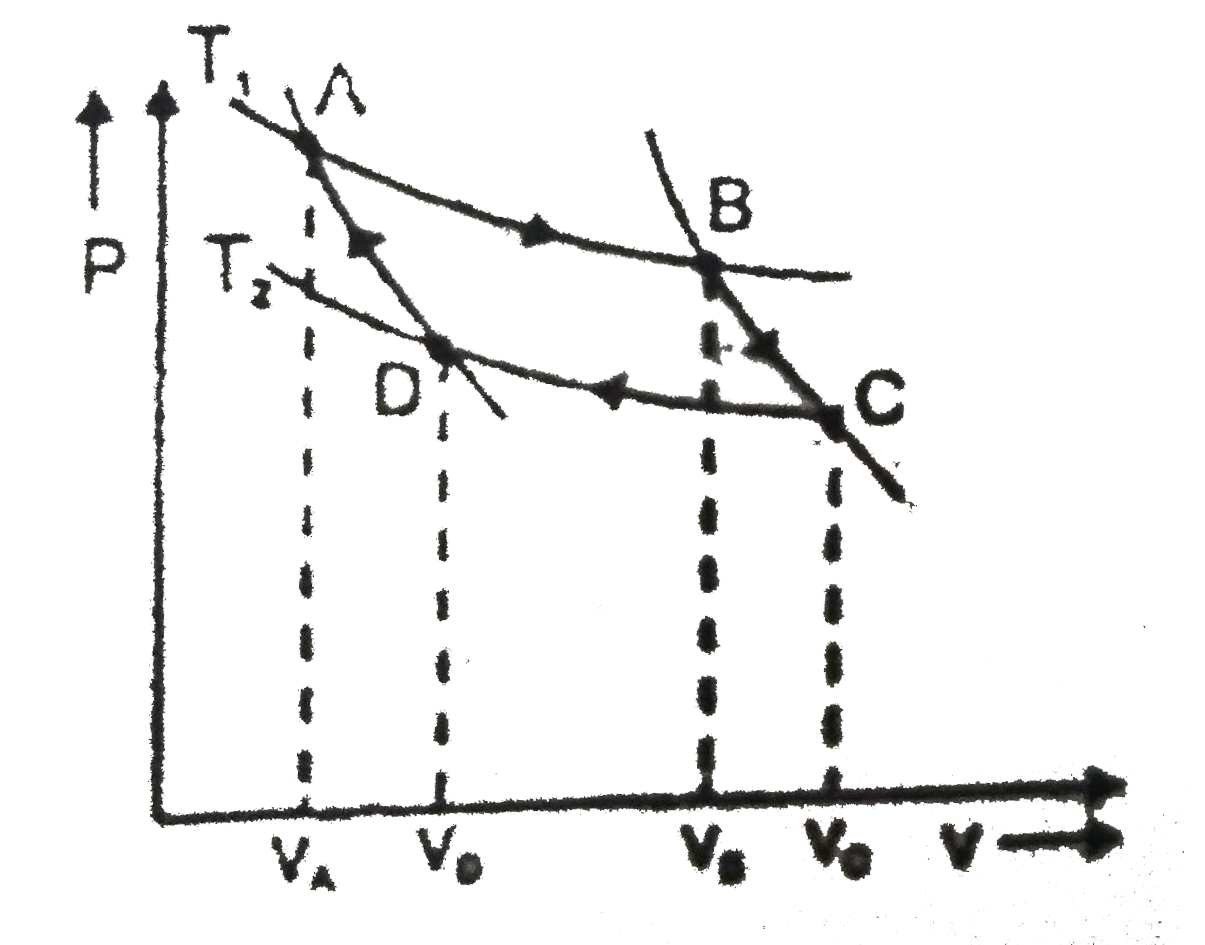Can a process on an ideal gas be both adiabatic and isothermal. ? Solution in Tamil
Step by step video & image solution for Can a process on an ideal gas be both adiabatic and isothermal. ? by Physics experts to help you in doubts & scoring excellent marks in Class 11 exams.
Updated on:21/07/2023Topper's Solved these Questions
Similar Questions
A wave of wavelength 0.60 cm is produced in air and it travels at a speed of 300 ms^-1. Will it be audible?
View SolutionThe gravitational force acting on a particle of 1 g due to a similar particle is equal to 6.67×10−17N. Calculate the separation between the particles.
View SolutionCan two states of an ideal gas be connected by an isothermal process as well as an adiabatic process?
View SolutionThe ratio of slopes of P−V plots for reversible adiabatic process and reversible isothermal process of an ideal gas is equal to :
View SolutionDoes the internal energy of an ideal gas change in an isothermal process? In an adiabatic process?
View SolutionAn ideal gas undergoes a process consisting of adiabatic and isothermal process only as shown in the figure. Then :

View SolutionFor an ideal gas, in an isothermal process
View SolutionIn an isothermal process for an ideal gas
View SolutionThe initial state of 1 mol of an ideal gas is (P_(1),V_(1),T_(1)) . The gas is expanded by a reversible isothermal process and also by a reversible adiabatic process separately. If final volume of the gas is same in both the processes, and changes in internal energy in the isothermal and adiabatic processes are DeltaU_(1) and DeltaU_(2) respectively, then-
View SolutionIn an isothermal process for ideal gas.
View SolutionIn an isothermal process for an ideal gas
View SolutionAn ideal gas undergoes four processes: isochoric, isobaric, isothermal and adiabatic. In which process is (i) the change in internal energy zero?
View SolutionAn ideal gas undergoes four processes: isochoric, isobaric, isothermal and adiabatic. In which process is (ii) the work done zero?
View SolutionAn ideal gas undergoes four processes: isochoric, isobaric, isothermal and adiabatic. In which process is (iii) the heat exchange zero?
View SolutionDraw P-V curves for isothermal and adiabatic processes of an ideal gas.
View SolutionCan two states of an ideal gas be connected by an isothermal process as well as an adiabatic process?
View Solution
